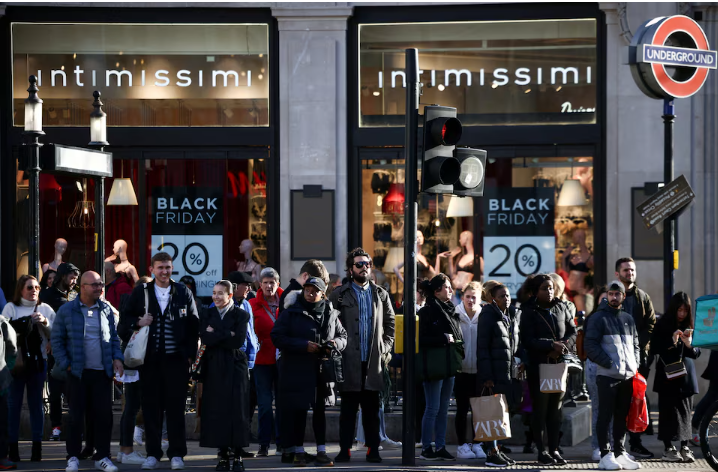The UK economy unexpectedly contracted by 0.1% in September 2024, marking a sharp contrast to optimistic forecasts and raising questions about the government's economic strategy under Finance Minister Rachel Reeves. This decline was driven by stagnation in the services sector and notable drops in manufacturing and construction, according to data from the Office for National Statistics.
For the third quarter of 2024, GDP grew by just 0.1%, a significant slowdown from the 0.5% growth recorded in the second quarter. Economists had predicted a modest 0.2% quarterly increase, highlighting the challenges faced in sustaining post-recession recovery.
Rachel Reeves, who has placed economic revitalization at the forefront of her agenda, expressed dissatisfaction with the results. She reiterated her commitment to driving growth through investment and reform, emphasizing the need for a decade of national renewal that includes job creation, infrastructure improvement, and financial sector regulatory adjustments.
The figures come after the Bank of England recently downgraded its annual growth forecast for 2024 to 1% from 1.25%, though it anticipates stronger performance in 2025. The central bank linked short-term economic boosts to Reeves’ high-spending fiscal policies introduced after Labour's electoral victory in July.
Critics, particularly from the opposition Conservative Party, have accused Reeves of undermining economic confidence through her rhetoric, potentially contributing to weaker growth. Meanwhile, Prime Minister Keir Starmer has reaffirmed his government’s goal of achieving 2.5% annual growth, a target not consistently met since before the 2008 financial crisis.
Despite overall sluggishness, business investment grew by 1.2% in the third quarter, marking the fourth consecutive quarterly increase. Analysts suggest this could signal a foundation for more robust growth in coming quarters, provided broader structural issues are addressed.
As the UK grapples with slow post-pandemic recovery and global challenges like rising energy costs, Reeves faces mounting pressure to deliver tangible improvements. Her ability to navigate these economic hurdles could define the credibility of Labour’s economic vision moving forward.





